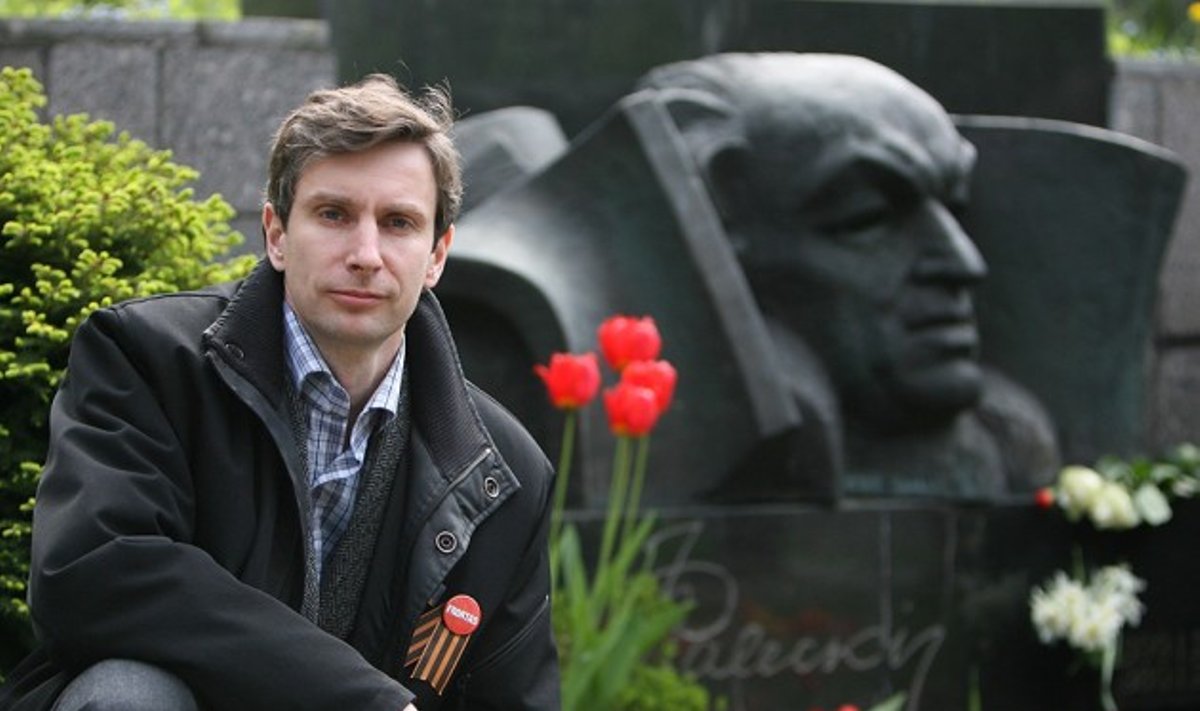The association's activities run counter to the country's Constitutions and undermining the state, the prosecution service said.
"Having assessed the association's objectives, based on its activities, prosecutors have concluded that association's actions aimed at promoting war and violence, authoritarian rule, acting for the interests of other countries, which are contrary to the interests of the State of Lithuania, do not meet the requirements of legality, the association's activities run counter to the Constitution and are harmful to the State of Lithuania, i.e. the association is clearly acting against the Republic of Lithuania, and such activities are running against public order," the report reads.
"It's clear from the association's activities that the true objectives of its establishment are illegal, therefore, the association cannot function and must be declared illegally established," it said.
Prosecutors in charge of protecting public interest launched an investigation into the circumstances surrounding the association's establishment and its activities in the middle of July.
Prosecutors found that the association's objectives were formally stated in its statutes without the intention to protect the interests of its members in a particular area.
The Prosecutor General's Office is also carrying out two pre-trial investigations into Paleckis' organization. One of them is being conducted under the Criminal Code article on liability for aiding another state to act against Lithuania.
The other one centers around Paleckis' signature on the association's founding documents as they were signed while Paleckis was already serving his prison term for spying at Kaunas Remand Prison.
The association attracted law enforcement's attention after its members went to Moscow where they met with representatives of the Civic Chamber of the Russian Federation and held a press conference that was attended by Erika Svencioniene, the head of the organization, Darius Norkus, the former director of Vilniaus Vandenys (Vilnius Waters), the water provider in Vilnius, who had been convicted for corruption, as well as Edikas Jagelavicius and Mindaugas Ramoska.
They claimed that the goal of their trip to Moscow was to break the information blockade and to ask for a visa-free regime to Kaliningrad for Lithuanian citizens.
In addition, Svencioniene questioned the legitimacy of the election of the incumbent Lithuanian government, accused it of causing economic damage and scaring its citizens about a possible Russian invasion.
Earlier Svencioniene and her associates visited Belarus and met with authoritarian Belarusian leader Alexander Lukashenko and expressed her support for Minsk.
